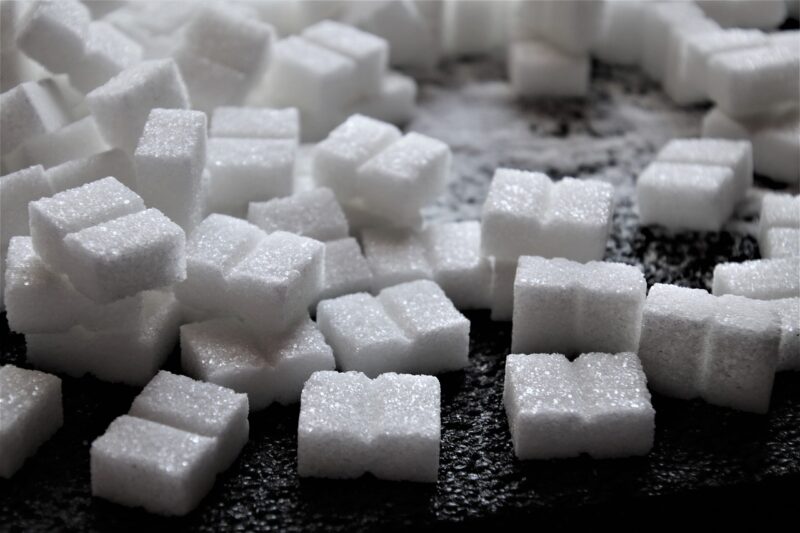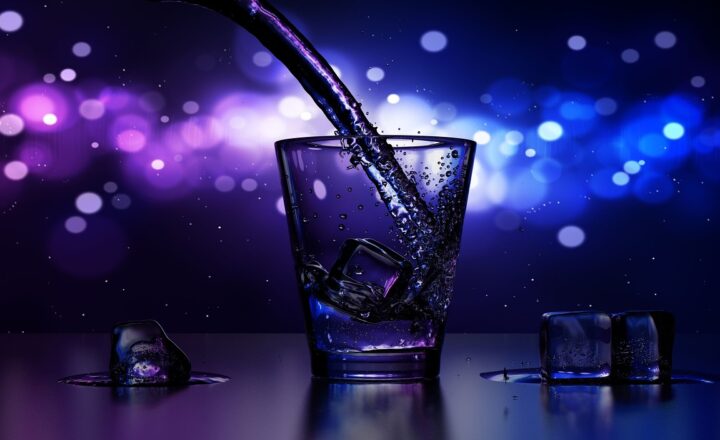
When it comes to crafting the perfect cocktail, one element can often make or break the drink: the sugar. From the classic simple syrup to more exotic options, sugar not only sweetens but also enhances the complex flavor profiles of cocktails. In this article, we will dive into the various types of sugars used in mixology, how they can change your drink’s character, and tips for pairing them with different ingredients.
1. The Role of Sugar in Cocktails
Sugar is a fundamental ingredient in cocktail making. It serves several important purposes:
- Balance: Sugar helps to balance the acidity of citrus juices, creating a more harmonious flavor.
- Texture: Sugar adds body to cocktails, giving them a smooth mouthfeel.
- Flavor: Different types of sugars impart unique flavors, enhancing the overall drinking experience.
- Aroma: The scent of sugar can interact with other ingredients, improving the aroma of the cocktail.
Understanding the variety of sugars available can help you create more dynamic and delicious cocktails.
2. Common Sugars Used in Cocktails
Let’s explore some common sugars used in cocktails, along with their unique characteristics:
Simple Syrup
Simple syrup is the most ubiquitous sugar used in cocktails. It is made by dissolving equal parts sugar and water, creating a sweet, syrupy liquid that mixes easily with spirits.
- Flavor Profile: Neutral sweetness, making it versatile for all types of cocktails.
- Recommended Cocktails: Mojito, Whiskey Sour, Daiquiri.
Brown Sugar
Brown sugar, containing molasses, offers a deeper flavor and additional complexity.
- Flavor Profile: Rich caramel and toffee notes.
- Recommended Cocktails: Dark and Stormy, Old Fashioned, Rum Punch.
Demerrara Sugar
Demerrara sugar is a raw cane sugar from the Demerara region, with large, golden crystals and a hint of molasses flavor.
- Flavor Profile: Earthy and slightly toasty.
- Recommended Cocktails: Pimm’s Cup, Mai Tai.
Turbinado Sugar
Similar to Demerrara but less processed, turbinado sugar is light brown and retains some of the natural molasses.
- Flavor Profile: Subtle caramel taste with a slight crunch.
- Recommended Cocktails: Spiced Rum and Cola, Sweet Tea Vodka Lemonade.
Honey
Honey isn’t a sugar in the traditional sense, but its sweetness and unique flavor make it a great alternative.
- Flavor Profile: Floral and complex.
- Recommended Cocktails: Bee’s Knees, Honey Lemonade Vodka.
Agave Nectar
Agave nectar, derived from the agave plant, is sweeter than sugar and has a low glycemic index, which many health-conscious drinkers appreciate.
- Flavor Profile: Mild, with a hint of caramel.
- Recommended Cocktails: Margarita, Agave Mojito.
Flavored Syrups
Flavored syrups such as vanilla, lavender, or ginger can add unique twists to classic cocktails.
- Flavor Profile: Varies by flavor (e.g., floral, spicy).
- Recommended Cocktails: Vanilla Vodka Martini, Lavender Collins.
3. Crafting Cocktails with Different Sugars
The sugar you choose can greatly affect how your cocktail tastes and feels. Here are some tips for using different sugars effectively:
Pairing Spirits with Sugar
When selecting a sugar type, consider what spirit you are using. For example:
- Light Spirits: Opt for simple syrup or agave nectar to enhance the fresh flavors.
- Dark Spirits: Brown or Demerrara sugars complement the depth of rum and whiskey.
Adjusting Amounts
The sweetness level of each sugar varies, which means you’ll want to adjust amounts based on the sugar type. It’s essential to taste and modify as you go to achieve the desired balance.
Experimentation is Key
Don’t hesitate to mix different sugars in your cocktails. For example, combine simple syrup with a flavored syrup for an additional layer of complexity or use honey as a substitute for part of your sugar for a unique twist.
4. Conclusion
Selecting the right sugar can take your cocktail game to the next level. By understanding the various types of sugars available and how they interact with different spirits and flavors, you can create cocktails that are not only delicious but also memorable. Whether you’re crafting a classic cocktail or inventing a new signature drink, the right sugar can be your secret ingredient.
So, the next time you’re muddling, shaking, or stirring, consider how the choice of sugar impacts your cocktail. The subtle variations can introduce new dimensions to your drinks and impress your guests with unique flavors and textures.





